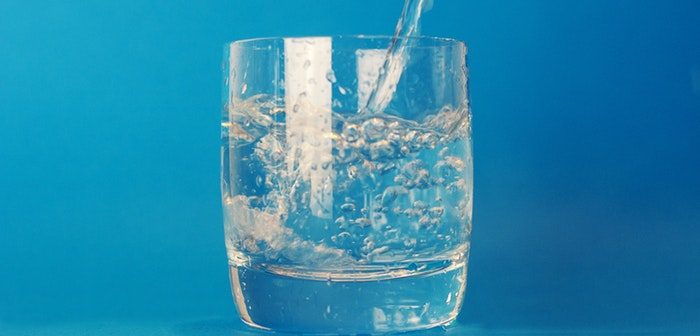You’ve decided that you want to improve the quality of your drinking water, but you’re a little worried about the budget issue. Is it good enough to just have a filter on the main drinking water tap (like the kitchen) or is it really necessary to get a larger whole-house filtration system.
When trying to choose the best water filter options for your situation, there are few things to consider.
Your Budget
Let’s face it, you can’t ignore the price tag with a major purchase and if you don’t have the money for a big system, then you simply can’t go that route. But don’t automatically make that assumption until you look into it a little further. A simple mechanical filter (a physical “sponge” cartridge) may only be a few hundred dollars. On the other hand, a sophisticated multi-stage filter with ion exchange and reverse osmosis will be several thousand.
Health Issues
The main reason why people filter water is that they don’t want to be drinking contaminated water. And this is why people consider filters for just one tap since that is where you get water to drink from. You need to remember though that water with toxins in it can affect your health simply by exposure to it and not just consumption.
Water that is high in lead or arsenic will still be a risk to you as you shower, and wash your clothes in it. Water with pesticides or herbicides might not be great for washing your dishes either. You need to think a little farther than strictly “drinking water” when it comes to purification.
While addressing the source of drinking water is a huge step in the right direction, it’s not the only consideration.
Mechanical Issues
As part of your deliberations, you should think about more than just the health issues. Water that is laden with sediment, or dissolved minerals may not be a serious health problem but it will wreak havoc on your fixtures and appliances. Corrosion and non-stop crusty build-ups should be considered too. A whole-house system will keep your water clear of these problems, saving your washing machine, dishwasher and shower head from damage.
Make Your Choice
The best way to decide is to get a better understanding of what types of contaminants are in your water, to begin with. Get a thorough test done, and you can make a more informed choice. Having cleaner water throughout the house is usually the best option if you can afford it, but knowing how dangerous your water quality is something you should keep in mind.
If your main problem is the minerals in hard water, you should be aware that you are looking for a water softener not a filter per se. Filtering the water through most standard units won’t help with this particular problem. Softeners use an ion exchange technology and aren’t often small enough for single-sink use anyway. For this type of installation, you will need a whole-house unit.




